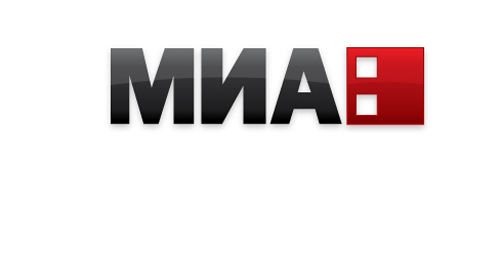No EU Decision on Negotiating Framework With North Macedonia on Tuesday
Jerusalem, 17 November, 2020 (TPS-IL) -- Brussels, 17 November 2020 (MIA) – European affairs ministers will hold on Tuesday the long-awaited General Affairs Council video conference, which was to adopt the negotiating framework for North Macedonia and Albania, MIA’s Brussels correspondent reports.
At today’s EU ministerial meeting it is very likely that Bulgaria will block the negotiating framework for North Macedonia due to bilateral issues, while Germany’s EU presidency and the European Commission keep on working to overcome differences by the end of the year.
The fact that a decision won’t be taken on Tuesday is minimized in the Council for the reason that the meeting is a virtual one, just as the ministerial meeting held in March when it was decided to start negotiations with Skopje and Tirana and which only slightly delayed the process due to bureaucratic procedures, but did not prevent the decision from being made.
Diplomats in Brussels are aware that for now Sofia is not backing down on its demand to include the bilateral issue in the EU process with North Macedonia, a demand that is unacceptable to the other EU member states.
As MIA reported on Monday, the new EU enlargement methodology deletes Chapter 35 for candidate states. This chapter previously served as option for “Other issues”, namely policies not incorporated in other chapters. An example of this is Serbia’s Chapter 35 dedicated to relations with Kosovo, for which the EU has a mandate from the UN Security Council as a security issue. However, the Bulgaria-North Macedonia dispute is not considered a security issue in any international organization.
In the case of Belgrade, and due to the sensitivity of the Kosovo issue, Chapter 35 has the same weight as Chapters 23 and 24 (Judiciary and Justice) and has the power to block, suspend or reverse the entire process of Serbia’s EU integration. This is, diplomats say, what Bulgaria wants for North Macedonia, leading to “bilateralization” of the enlargement process, something that goes against the EU principles.
They say this could serve as “dangerous precedent” for other Western Balkans candidate-states, but also reaffirms the thesis of the most skeptical countries that enlargement with Eastern European countries has occurred too soon and should be stopped.
Therefore, Bulgaria could make “a big disservice to all regional countries”, say the diplomats of Union member-states.
“I fear this conditional policy by Bulgaria will only enhance the reservations by skeptical EU members to enlargement, using it to confirm the thesis that we took Bulgaria too soon and now we are paying the price for this,” an EU diplomat told MIA.
Sofia’s insistence to block North Macedonia is “unprincipled and can have long-ranging consequences”, say diplomats and add there is rarely a person in the EU who understands the Bulgarian position, especially considering that the matters relate to history, something that diplomats are neither experts on nor deal with.
Tuesday will see how the other member states will take the position of their ally Bulgaria. Many EU diplomats don’t expect much pressure on Sofia for the time being due to the upcoming elections in March.
In addition, ministers are set to discuss on Tuesday the Multiannual Financial Framework (MFF) of the European Union, as well as the economic recovery package. Hungary and Poland are to block EU’s coronavirus recovery fund, which puts the entire Union at risk in times of crisis.
2020-11-17 09:45:06, from Тања Милевска, Брисел


